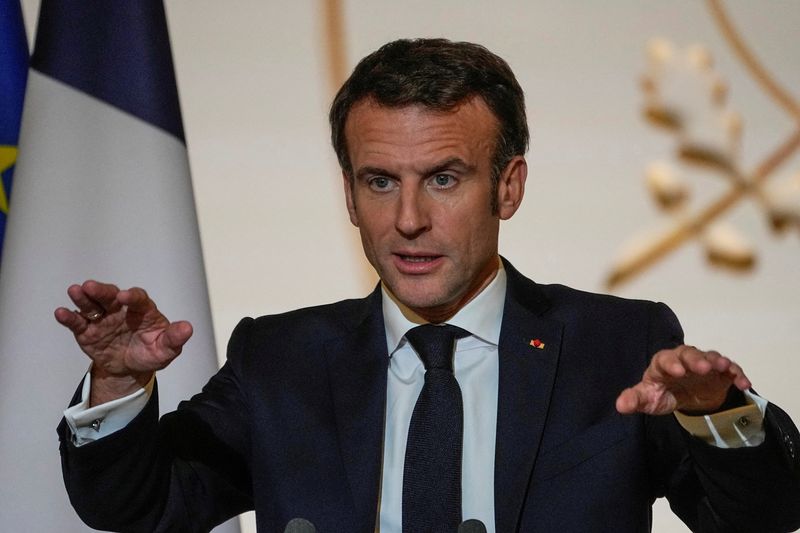Incentives to reduce inflation in the US disappointed Europe
2022.12.05 09:41
[ad_1]

Incentives to reduce inflation in the US disappointed Europe
Budrigannews.com – Concerns about Washington’s massive new green energy subsidy package will be brought up during a trade meeting on Monday between counterparts from the European Union and the United States.
The countries of the European Union applaud the new commitment to the energy transition, but they are concerned that the $430 billion Inflation Reduction Act (IRA) will unfairly disadvantage their businesses in comparison to competitors in the United States.
The 27 EU nations are concerned that their businesses will be denied access to the new law’s tax credits for North American-made components used in renewable energy technologies like electric cars.
EU nations believe that locally produced content provisions, which may be in violation of World Trade Organization (WTO) regulations, are tied to approximately 200 billion euros (207 billion US dollars) worth of American subsidies.
Ursula von der Leyen, president of the European Commission, stated on Sunday that while competition is beneficial, it should be fair.
In addition to putting European businesses at a disadvantage compared to their American counterparts, EU state aid rules in their current form prohibit member nations from providing similarly generous tax breaks to businesses planning to establish factories.
South Korea is also concerned that its automakers will not be eligible for the U.S. tax breaks, and the EU is not the only ally of Washington that is upset about the package.
European officials claim that their best chance lies in securing exemptions in the same vein as those that have been granted to Canada and Mexico. Since the U.S. Congress is unlikely to make any significant changes,
U.S. President Joe Biden made it open to making “tweaks” to the package after French President Emmanuel Macron raised concerns during a state visit to Washington last week.
The governments of the EU are looking for a quick fix, possibly through a deal that can be reached at a meeting of the EU-US Trade and Technology Council on December 5.A draft joint explanation expressed in front of the discussions the bundle was on the plan.
Bernd Lange, the head of the European Parliament’s trade committee, stated that a negotiated settlement would only yield small changes and that Europe should file a complaint at the WTO, despite the fact that neither side wants to rekindle trade tensions that damaged transatlantic relations during the Trump administration.
However, traditionally pro-free trade nations like Sweden and the Netherlands would likely retaliate against such a European response.
France has led calls for Europe to respond by providing its own state support for European businesses, such as a “Buy European” act and substantial subsidies.
Germany has shown interest in supporting European industry, despite the fact that its coalition-led government is far from agreeing on how to do so. However, it has not been as vocal about the possibility of a massive subsidy program.
In the meantime, some officials in Germany point out that EU pandemic recovery funds totaling 200 billion euros are still available and could be used to help industry.
Cross-border projects that are deemed to be in the broader interest of the EU can also be subsidized by European governments pooling resources. However, getting such initiatives approved by the European Commission can frequently be time-consuming and difficult.
Last month, French Economy Minister Bruno Le Maire and German counterpart Robert Habeck urged the Commission to streamline and accelerate the approval process in light of a number of significant projects in the works.
According to Von der Leyen, the EU’s state aid regulations ought to be modified in response to the US push for green subsidies.
($1 = 0.9649 euros)
[ad_2]








